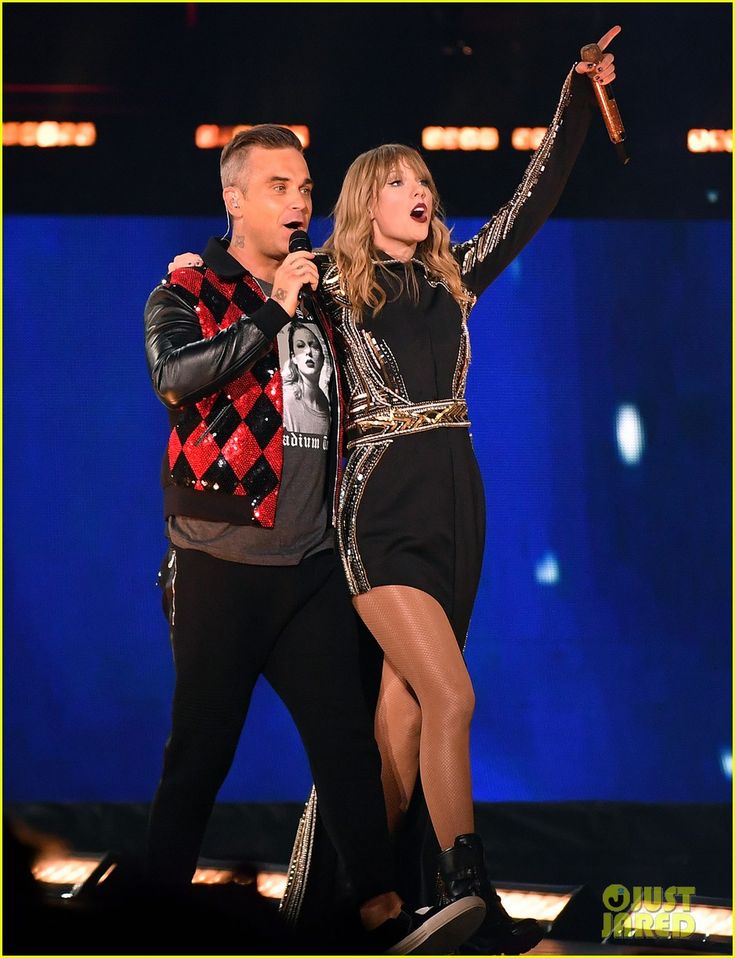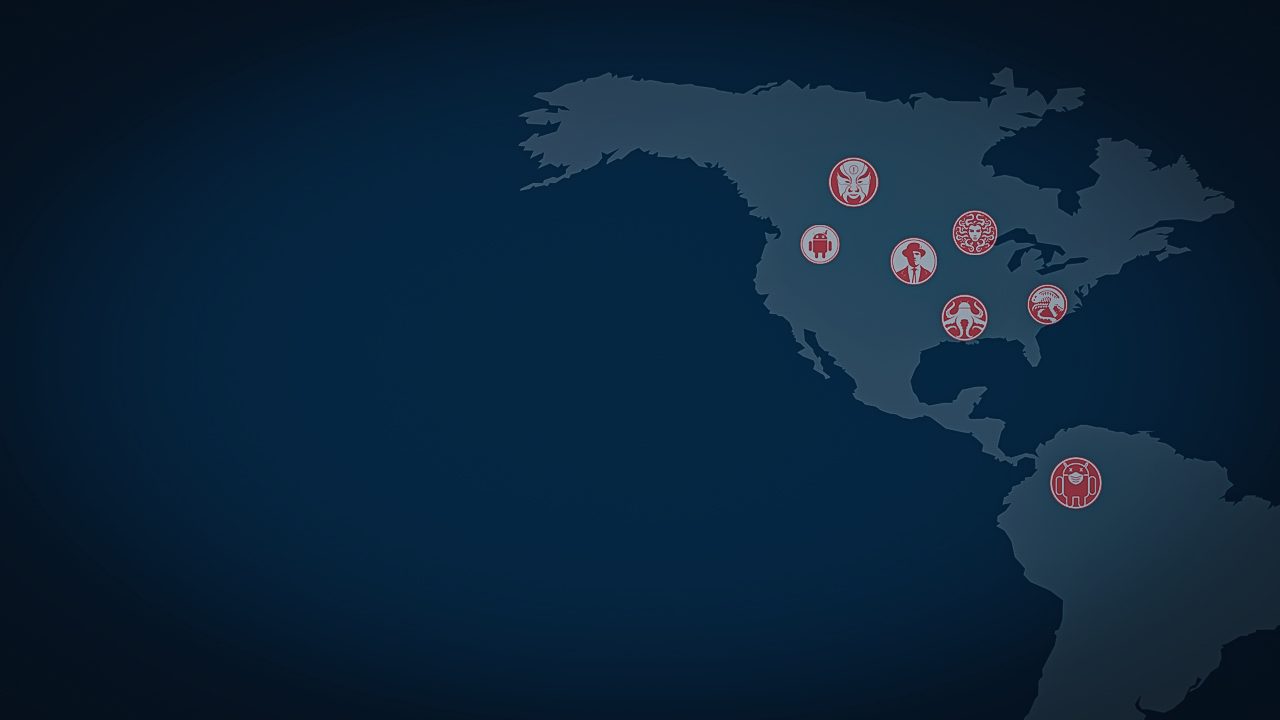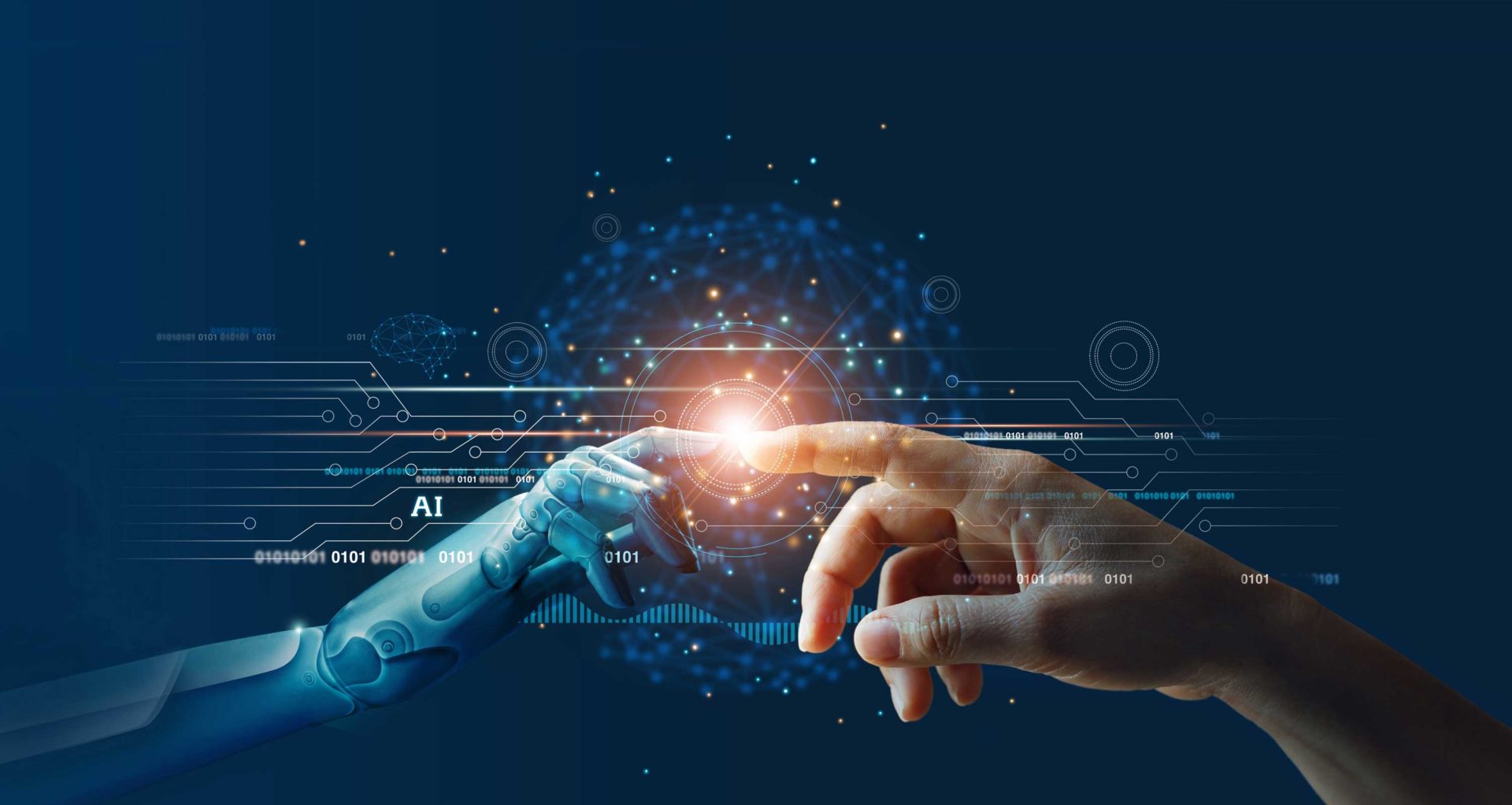The Wikipedia Wars: How AI isChanging the Face of Online Encyclopedia
In recent years, the rise of artificial intelligence (AI) has brought about a new era of challenges for online encyclopedias like Wikipedia. With the launch of ChatGPT, the site has seen an influx of AI-generated texts that have raised concerns among its volunteer editors. But how is Wikipedia adapting to this new landscape? And what does the future hold for this iconic online resource?
Wikipedia’s logo, a globe made up of jigsaw pieces, symbolizes the collaborative effort of its editors.
As a journalist, I’ve always been fascinated by the inner workings of Wikipedia. With over 16 billion visits per month, it’s one of the most popular websites in the world. But behind the scenes, a dedicated community of 265,000 active volunteers works tirelessly to ensure the accuracy and quality of its content.
One of the biggest challenges facing Wikipedia today is the rise of AI-generated texts. These can be created quickly and easily, making them a tempting option for individuals and companies looking to promote their own interests. But for Wikipedia’s editors, the task of detecting and removing these texts is a daunting one.
“We have noticed that new editors appear who want to add content. And they add very extensive and highly developed content, which is unusual. Because when you are a volunteer starting out, you build the articles little by little. You go paragraph by paragraph.” - Miguel Ángel García, Wikimedia Spain partner and former board member.
García has been a Wikipedia editor since 2006, and he’s seen firsthand the impact that AI-generated texts can have on the site. But he’s also optimistic about the community’s ability to adapt to these changes.
“In most cases, articles are deleted instantly, because with just two clicks you can detect that the text is completely pointless. If not, they are usually marked to be automatically deleted within a maximum period of 30 days if the author is unable to prove what is written with sources,” he explains.
So how is Wikipedia fighting back against the rise of AI-generated texts? For Chris Albon, director of Machine Learning at the Wikimedia Foundation, the key lies in the community itself.
“In this new era of artificial intelligence, the strength of this human-led model of content moderation is more relevant. Wikipedia’s model, based on debate, consensus, and strict rules for citing [sources], has proven resilient in maintaining content quality over the past two decades.”
But what about the role of AI itself in this process? Albon believes that AI can be a powerful tool in the fight against misinformation, but it’s not a replacement for human judgment.
“Wikipedia’s approach to AI has always been that people edit, improve, and audit the work that AI does. Volunteers create the policies for the responsible use of AI tools on Wikipedia and monitor their correct application,” he says.
As I delved deeper into the world of Wikipedia, I began to realize just how complex and multifaceted this issue is. It’s not just about detecting and removing AI-generated texts; it’s about creating a community that values accuracy, transparency, and accountability.
Wikipedia editors work together to create and improve articles, using a combination of human judgment and AI tools.
So what does the future hold for Wikipedia in the age of AI? For García, the key is to continue to adapt and evolve, while staying true to the site’s core values.
“We have to learn to live with these tools. Wikipedia’s approach to AI has always been that people edit, improve, and audit the work that AI does. Volunteers create the policies for the responsible use of AI tools on Wikipedia and monitor their correct application,” he says.
As I finished writing this article, I couldn’t help but feel a sense of awe at the dedication and expertise of Wikipedia’s editors. In a world where misinformation and disinformation are increasingly prevalent, it’s more important than ever to have a reliable source of information that we can trust.
And that’s exactly what Wikipedia is.
Wikipedia’s 20th anniversary logo, featuring a stylized version of the site’s iconic globe.













